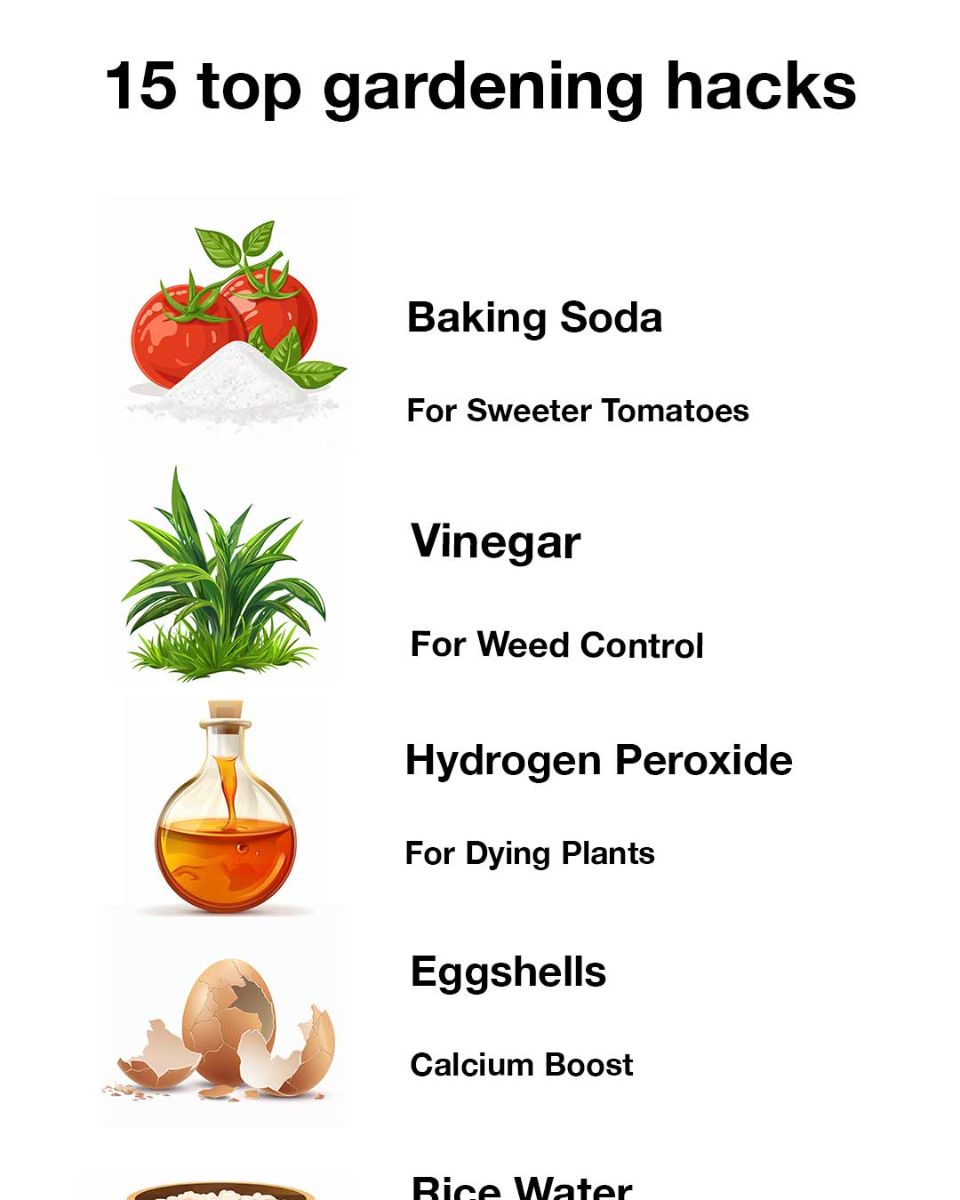5. Coffee grounds for plants that like acidic soil Instructions: Gather used coffee grounds and mix them into the soil or use them as mulch around plants that like acidic soil, such as blueberries, roses, and azaleas.
Why it’s effective: Coffee grounds have a bit of acidity and are full of nitrogen, which can enhance soil quality and offer important nutrients.
6. Using Epsom Salt for Healthier Leaves Instructions: Mix 1 tablespoon of Epsom salt in a gallon of water. Water your plants with this mixture once a month.
Why It’s Effective: Epsom salt contains magnesium, which is important for plant growth and helps plants absorb necessary nutrients, resulting in healthier and greener leaves.
Use cinnamon powder on the soil and around young plants to prevent fungal growth.
Why it’s effective: Cinnamon naturally fights fungi and can protect young plants from diseases like damping-off.
Recipe for treating powdery mildew on plants: Combine one portion of milk with two portions of water, then spray the mixture on the plants that are affected.
Why it’s effective: Milk contains natural substances that fight fungi and can be used to prevent and treat powdery mildew, a plant disease.
9. Using Aspirin to Boost Plant Health Instructions: Mix one aspirin tablet in a gallon of water and use it to water your plants every three weeks.
Why it is effective: Aspirin has salicylic acid, which can strengthen the plant’s defenses, making it more resistant to illnesses and pests.
Using white vinegar can help control weeds. Simply spray it directly on the weeds, being careful not to spray it on plants you want to keep.
Why It’s Effective: Vinegar is very acidic and can eliminate weeds by drying them up. It is a good and environmentally friendly option instead of using chemical weed killers.
11. Using Honey to Help Plants Grow Instructions: Before planting a plant cutting, dip the cut end into honey.
Why it’s effective: Honey naturally fights bacteria and fungi, preventing infections and helping roots grow.
12. Using Beer to Catch Slugs Instructions: Dig a container into the ground near plants that are being harmed and pour beer into it until it reaches the top.
Why it’s effective: Slugs like the yeast in beer and will go inside, but they can’t get out, trapping them effectively.
Sugar can be used to control pests on plants. Mix 2 tablespoons of sugar in a quart of water and spray it on plants with aphids.
Why It’s Effective: Sweet water can attract helpful bugs such as ladybugs, which eat aphids and assist in managing their numbers.
14. Using Chamomile Tea for Seedlings Instructions: Make a cup of chamomile tea, let it cool down, and then use it to water your seedlings.
Why it’s effective: Chamomile tea contains natural substances that fight fungi and can prevent diseases like damping-off in young plants.
Use a bit of baking soda around your tomato plants to make them sweeter.
How It Works: Baking soda lowers soil acidity, making tomatoes taste sweeter by reducing the plant’s intake of acidic substances.
Each of these tricks provides an easy and efficient method to enhance your gardening skills. Try adding some (or all) of these to your daily routine and see how your garden thrives. Enjoy gardening!
ADVERTISEMENT

